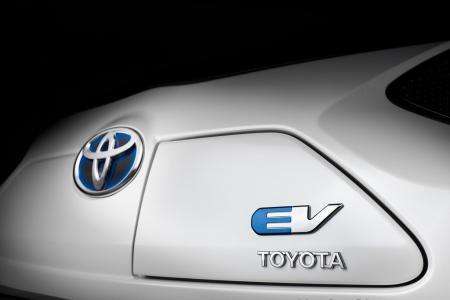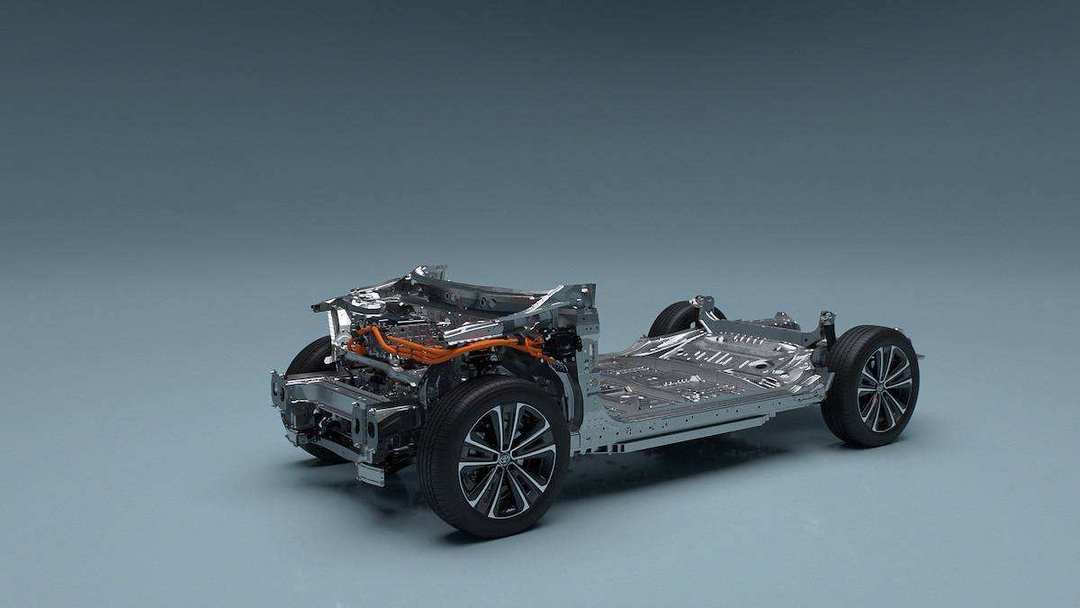In order to narrow the gap with industry leaders Tesla and BYD in terms of product price and performance as soon as possible, Toyota may adjust its electrification strategy.
Tesla’s single-vehicle profit in the third quarter was almost 8 times that of Toyota’s. Part of the reason is that it can continue to simplify the production difficulty of electric vehicles and reduce production costs. This is what “cost management master” Toyota is eager to learn and master.

A few days ago, according to the “European Automotive News” report, Toyota may adjust its electrification strategy and announce and introduce this plan to core suppliers early next year. The purpose is to narrow the gap in product price and performance with industry leaders such as Tesla and BYD as soon as possible.
Specifically, Toyota has recently been revisiting a more than $30 billion electric vehicle strategy announced late last year. At present, it has suspended an electric car project announced last year, and a working group led by former CCO Terashi Shigeki is working to improve the technical performance and cost performance of the new car, including developing a successor to the e-TNGA platform .

The e-TNGA architecture was born only about three years ago. Its biggest highlight is that it can produce pure electric , traditional fuel and hybrid models on the same line, but this also restricts the innovation level of pure electric products. Pure electric dedicated platform.
According to two people familiar with the matter, Toyota has been exploring ways to quickly improve the competitiveness of electric vehicles, including improving the core performance of new vehicles from electric drive systems to energy storage systems, but this may delay some products that were originally planned to be launched within three years , such as the Toyota bZ4X and the successor to the Lexus RZ.
Toyota is eager to improve vehicle performance or cost-effectiveness because its target competitor Tesla’s profit per vehicle in the third quarter was almost 8 times that of Toyota. Part of the reason is that it can continue to simplify the production difficulty of electric vehicles and reduce production costs. Management guru” Toyota is eager to learn to master.
But before that, Toyota was not a die-hard fan of pure electric. Toyota, which has a first-mover advantage in the hybrid track, always believes that gasoline-electric hybrid is one of the most critical parts in the process of moving towards carbon neutrality, but it is currently developing rapidly. Turn to pure electric field.
Toyota’s attitude has changed sharply because the development of pure electric vehicles is unstoppable. Most major automakers expect EVs to account for the vast majority of new car sales by 2030.
Post time: Dec-15-2022